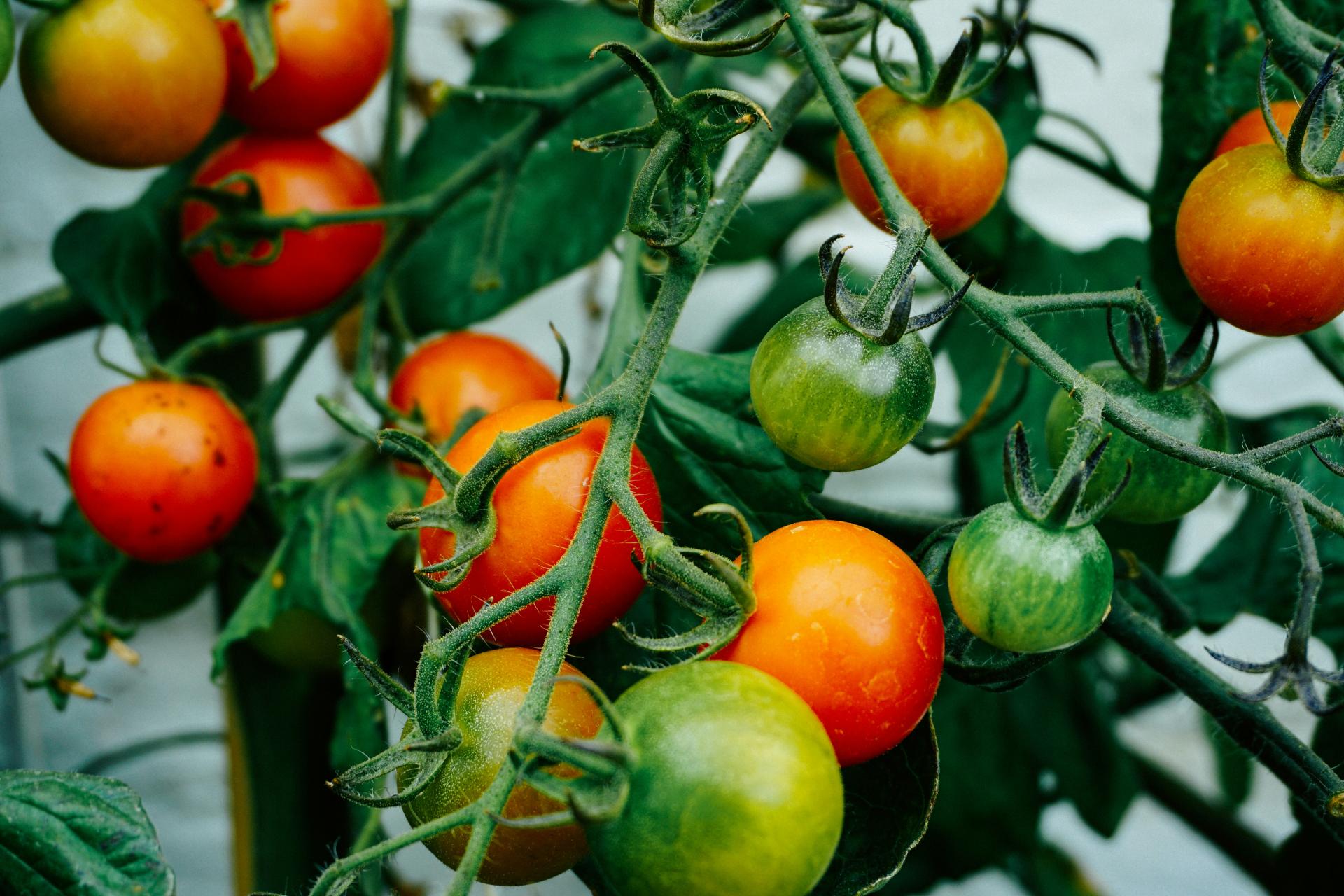A Salmonella strathcona ST2559 outbreak is currently ongoing in the European Union/EEA and the United Kingdom (UK). From January 1, 2023, to November 5, 2024, 232 cases of Salmonella strathcona ST2559 have been identified in 16 EU/EEA countries: Austria (33), Croatia (3), Czech Republic (10), Denmark (9), Estonia (1), Germany (62), Finland (3), France (23), Ireland (1), Italy (67), Luxembourg (2), Netherlands (2), Norway (3), Slovakia (5), Slovenia (2), and Sweden (6). Twenty-nine cases have also been identified in the United Kingdom. For cases linked to travel, Italy was the most visited country. No cases in Latvia related to this outbreak have been reported so far.
Tomatoes have been identified as a potential source of infection, based on epidemiological and traceability studies from several countries. The studies revealed that the outbreak strain is often associated with small tomatoes from the Sicily region of Italy. Whole genome sequencing analysis indicates a common origin for the outbreak strain in several countries, suggesting that a specific source, such as tomatoes grown in Sicily, could be the cause of these cases. Moreover, a similar S. strathcona ST2559 outbreak in Denmark in 2011 also identified a similar source for the salmonella pathogen.
Investigations into human health and food safety must continue to test the hypothesis that small tomatoes from Sicily are the source of infection in all EU countries that have reported or are still reporting cases in this multi-country outbreak. The potential role of environmental and irrigation water in the spread of contamination must also be assessed, given that the S. strathcona strain has been found in animal facilities in the region, which will allow for the implementation of appropriate corrective actions to halt the spread of contamination and prevent new cases.
For detailed information, please refer to the full report on the EFSA website.
The BIOR Institute reminds the public - to reduce the risk of any foodborne infection, it is essential to follow basic hygiene and food safety principles, such as washing hands, cleaning vegetables and fruits before consumption, ensuring proper thermal processing of food products, maintaining appropriate temperatures for storing products, and keeping kitchen surfaces, utensils, and other food preparation tools clean.
Photo: Unsplash.com

